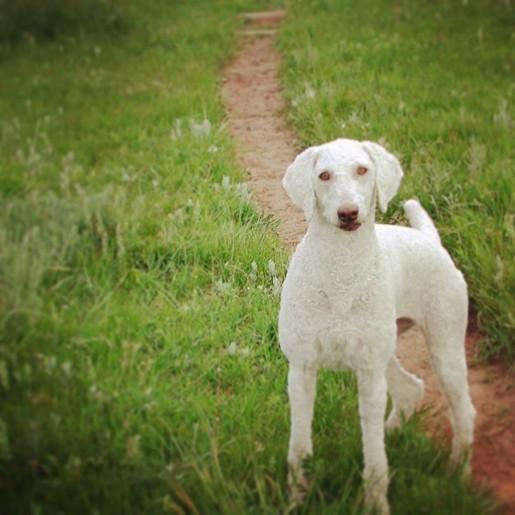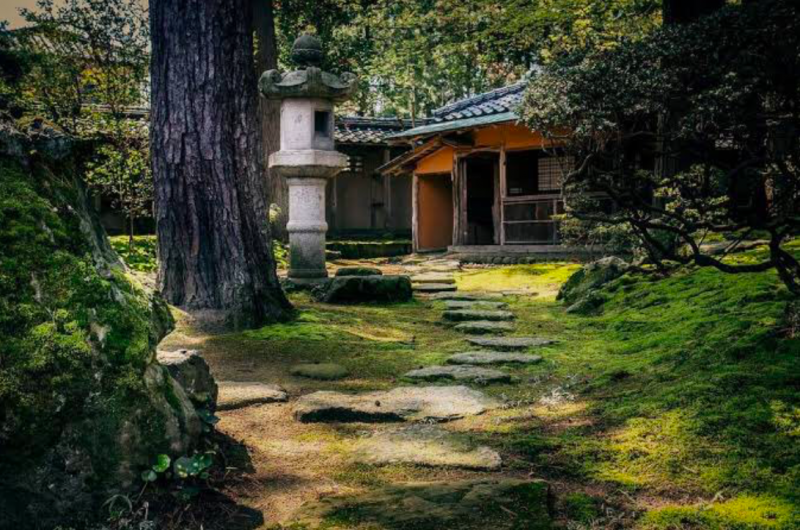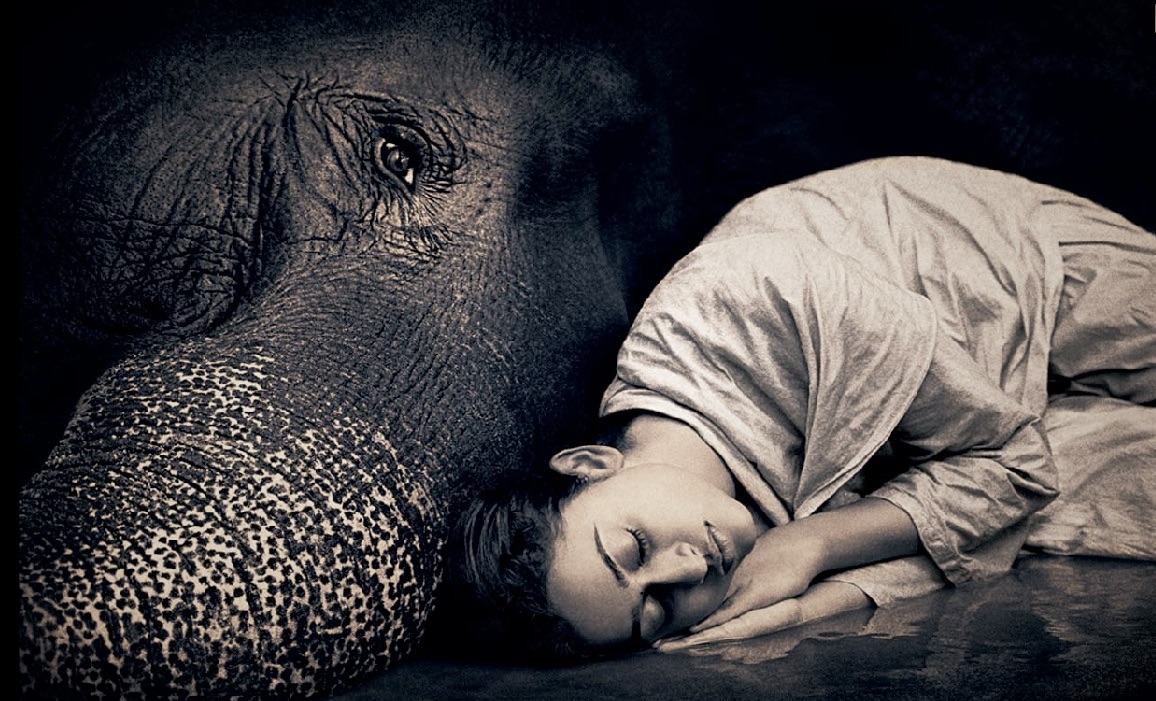
Once you
merge your tracks
into the stream of zen,
you spend your days silencing
your mind and studying with your
whole being. You realize that this Great Cause
is not obtained from anyone else but is just a matter
of taking up the task boldly and strongly, and making constant
progress. Day by day you shed your delusions, and day by day you
enhance your clarity of mind. Your potential for enlightened perception
is like fine gold that is to be refined hundreds and thousands of times.
What is essential for getting out of the dusts, what is basic for
helping living creatures, is that you must penetrate
through freely in all directions and arrive at
peace and security free from doubt and
attain the stage of great
potential and great
function.
This work
is located precisely in
your own inner actions. It is just
a matter of being in the midst of the interplay
of the myriad causal conditions every day, in the confusion
of the red dusts, amid favorable and adverse circumstances and
gain and loss, appearing and disappearing in their midst,
without being affected and turned around by
them, but on the contrary, being able
to transform them and turn
them around.
…When you
go on grinding and polishing
like this for a long time, you are liberated
right in the midst of birth and death, and you look upon
the world’s useless reputation and ruinous projects as mere dust
in the wind, as a dream, as a magical apparition, as an
optical illusion. Set free, you pass through the
world. Isn’t this what it means to be a
great saint who has emerged from
the dusts of sensory
attachments?




